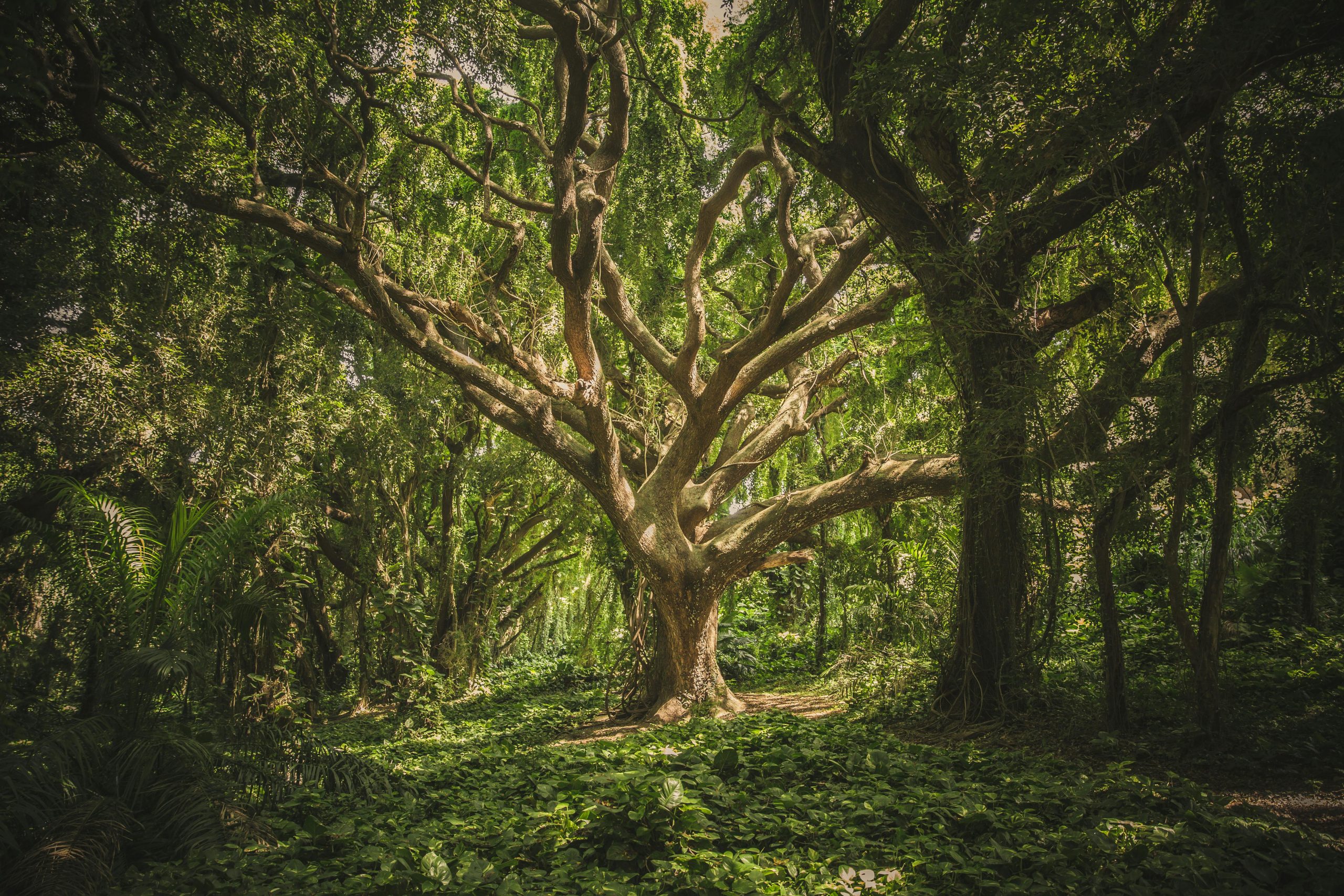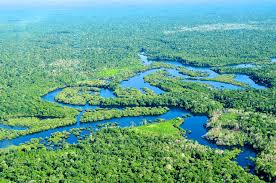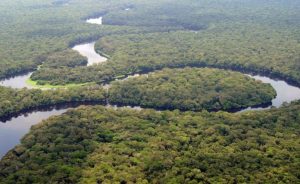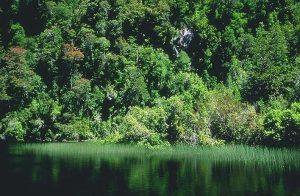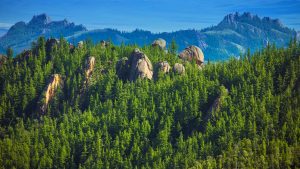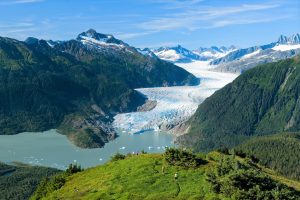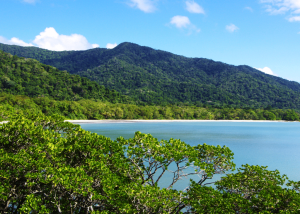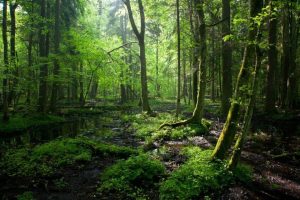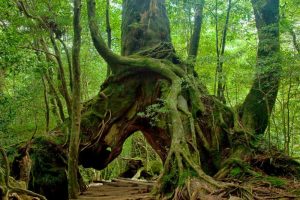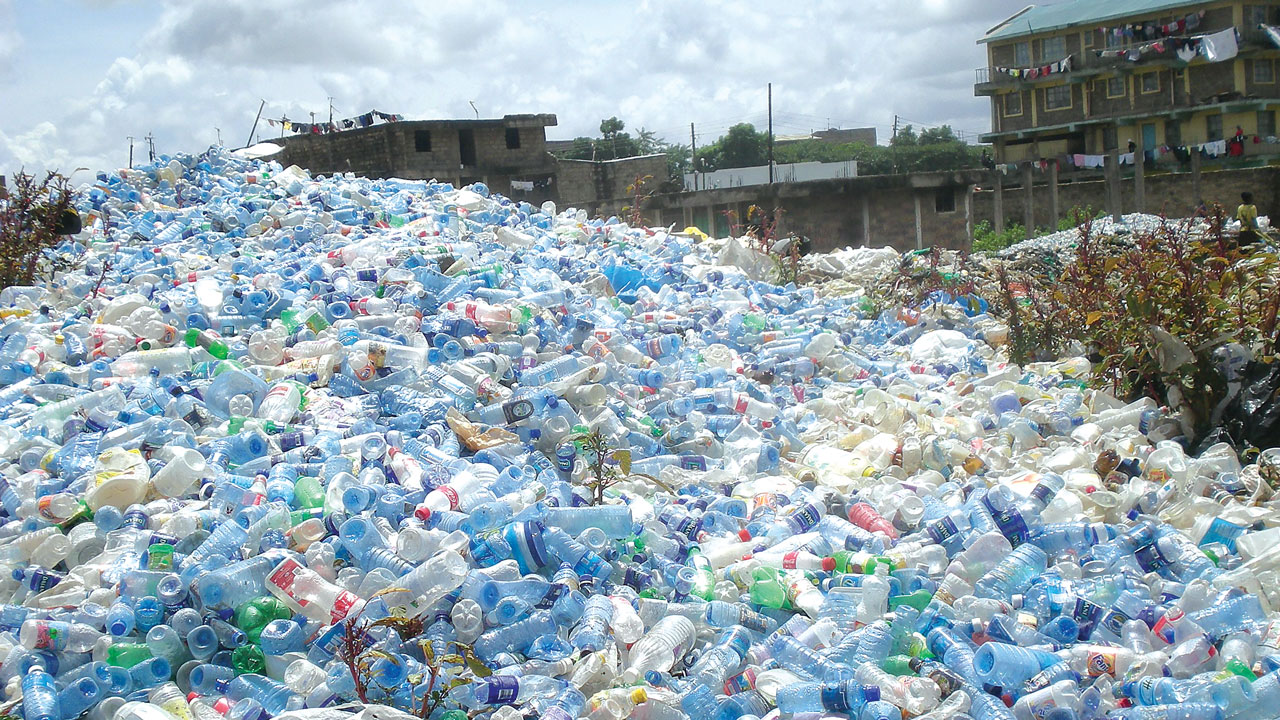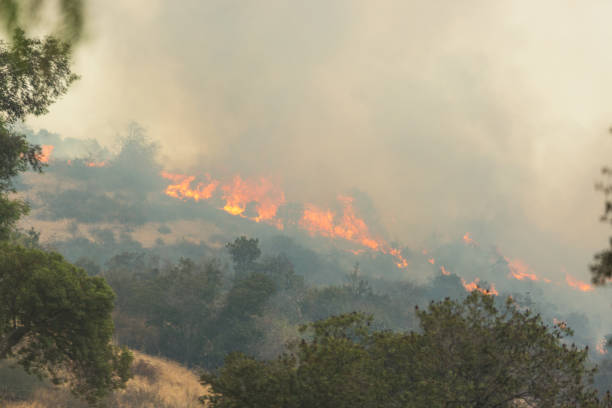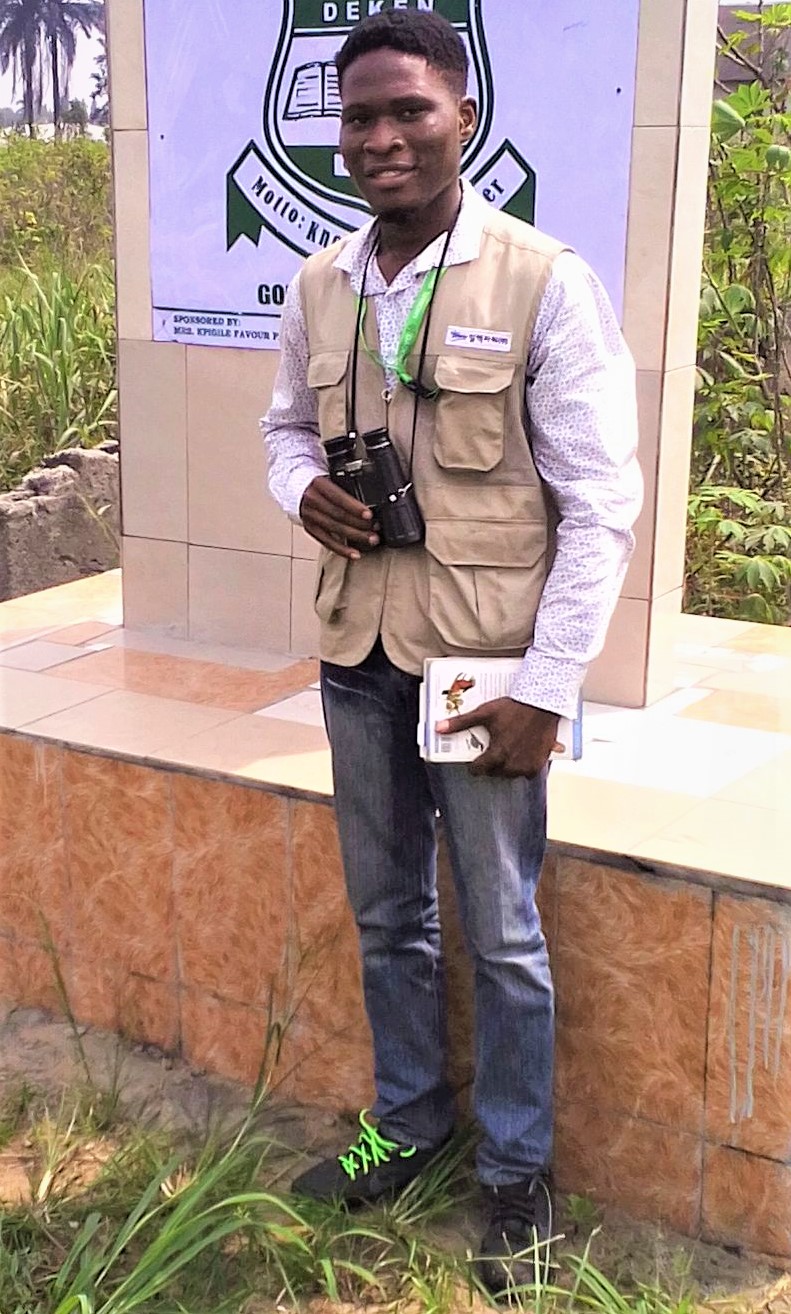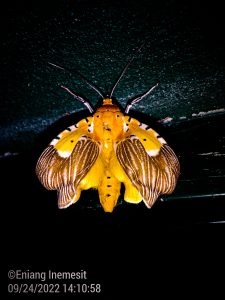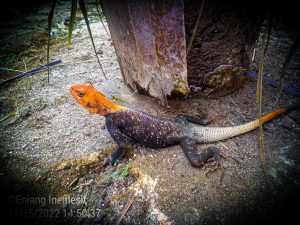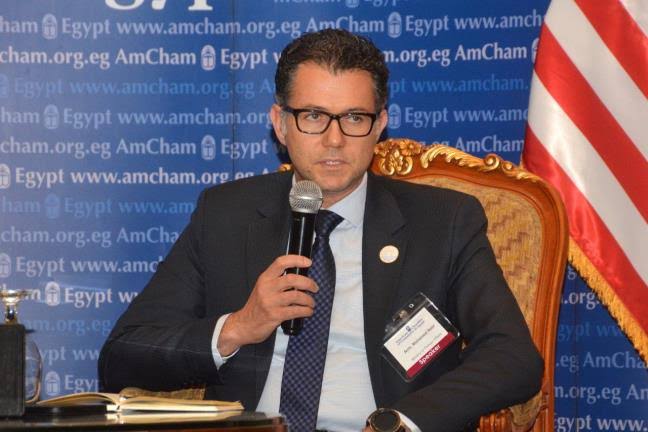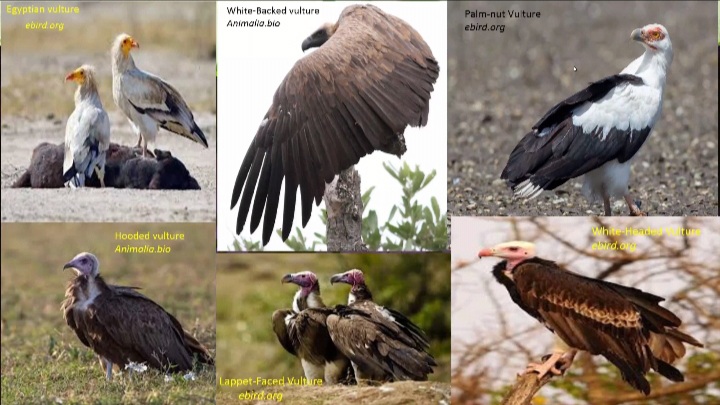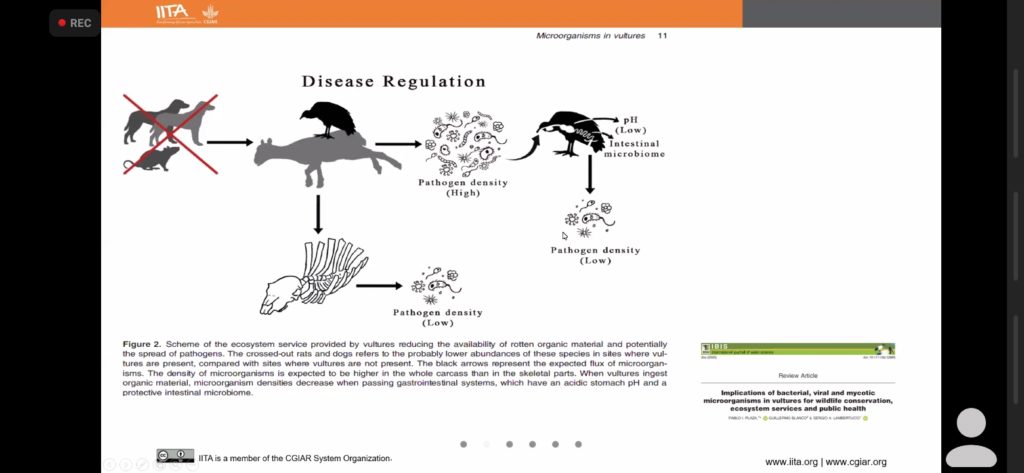One of the core issues of humanity as we move deeper into the 21st century: is the increasing human population and the need to protect the environment. The world population has surpassed 8 billion and continues to grow at an alarming rate. It is projected to reach 9 billion, and this growth leads to higher demand for resources, space, and infrastructure, putting immense pressure on wildlife and natural habitats. Understanding population growth and finding ways to manage it, along with its impact on conservation, is crucial for ensuring the sustainability of both humans and the diverse species that share our planet.
Habitat Loss and Fragmentation
One effect of population increase is habitat decline. As cities grow and farmland expands to feed more people, natural environments are depleted. Vast areas of forests, wetlands, and grasslands are converted into urban zones, roads, and farmland. This results in habitat fragmentation, where space is divided into smaller, isolated patches. Fragmentation weakens species’ ability to disperse, mate, and access resources, leading to a decline in biodiversity.
For instance, the Amazon rainforest, often called the “lungs of the earth,” loses nearly one-fourth of its forest cover to agriculture and timber cutting. This not only risks the existence of millions of plant and animal species but also affects global carbon cycling, contributing to climate change.
Overexploitation of Resources
A growing population demands more resources such as water, timber, and minerals. Overexploitation refers to the situation where these resources are used in a way that leads to their depletion and environmental pollution. For example, overfishing has reduced the biological integrity of marine ecosystems, as many fish species have failed to regain their original numbers due to overexploitation.
The common use of firewood and other forest-related products can sometimes have damaging effects on these resources, particularly in the developing world, leading to deforestation, soil erosion, and loss of other ecosystem functions. Such activities also impact communities that depend on these wildlife-related resources for food and income.
Pollution and Climate Change
An increase in population not only leads to increased waste and pollution but also affects various sectors. Production processes, mobility, and farming are some of the areas through which emissions of pollutants to the atmosphere, water, and land are observed. Water pollution, for instance, affects aquatic life, from minute plankton to mighty whales.
Population increase is one of the main causes of climate change. Exacerbated energy utilization and changes in land use contribute to high emissions of greenhouse gases, leading to global warming. Global warming intensifies risks that directly impact endangered species, such as deforestation, and causes unprecedented issues like fluctuating climatic conditions and the gradual emergence of floods.
Conservation Strategies in a Growing World
Despite these challenges, there are strategies and actions that can help mitigate the impact of population growth on conservation efforts:
- Sustainable Development: There is a need for change in how land is used, emphasizing sustainable practices that protect the environment while meeting society’s needs. This includes initiatives such as sustainable farming, responsible use of forest resources, and designing cities with provisions for fresh air corridors and wildlife habitats.
- Protected Areas: The creation and proper stewardship of protected areas can help preserve fragile ecosystems and other living species. Forming complex groupings of protected areas with ecological bridges can also reduce the impact of fragmentation.
- Community Involvement: Involving local people in conservation work is important to understand their needs and perspectives. Community-level conservation projects have been documented to yield positive results in various regions worldwide, as individuals are placed at the centre of natural resource conservation efforts. Learn more
- Education and Awareness: Research and education are crucial, as people need to learn about the increasing necessity for conservation and the effects of population growth. Education programs can instil a sense of responsibility and promote pro-ecological behaviour.
- Policy and Legislation: Governments need to develop effective environmental policies and enforce measures concerning the use of resources. International cooperation is also important in addressing environmental issues such as climate change.
The question of population growth and its effect on conservation can be viewed from different angles. Understanding the mutual interdependence of population factors and the environmental situation can help prescribe balanced development programs that will protect the planet’s unique biota. We should always remember that the world we live in belongs to both the present generation and future generations. Therefore, it is our moral obligation to protect the world for them and for all living species. If people with knowledge and understanding join hands, then progressive human growth and the preservation of the natural world are possible solutions to these challenges.

